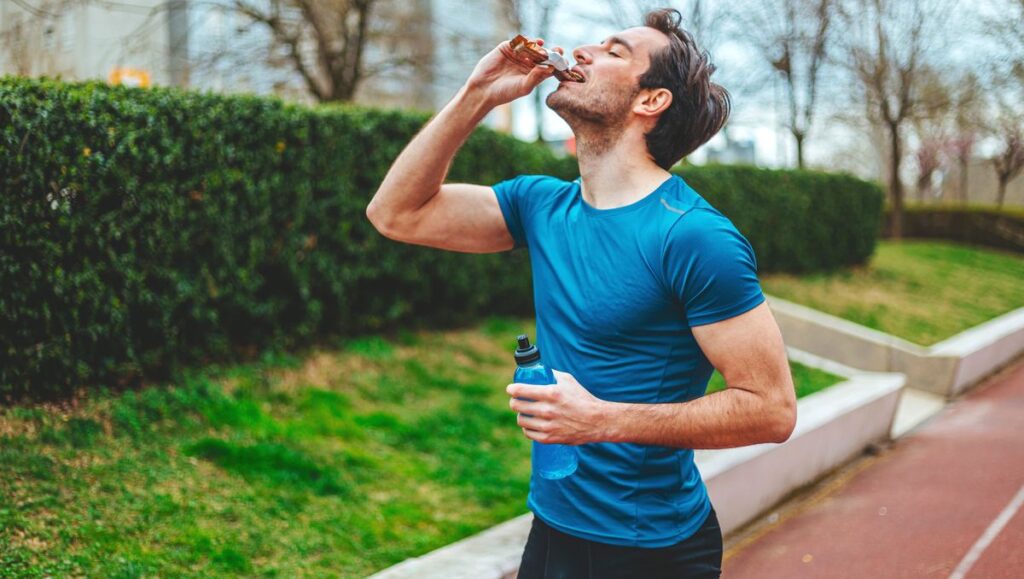Preparing for Your Marathon: The Importance of Nutrition
As marathon day approaches, excitement and nerves set in for every runner. A crucial aspect of preparation is proper nutrition. While indulging in a delicious post-race pizza is a common goal, it’s essential to adjust your diet in the days leading up to the race to ensure your body is adequately fueled. This article explores the significance of nutrition and how tailored dietary strategies can facilitate your success on race day.
Your Pre-Race Diet Strategy
You’ve already invested time in selecting the best running shoes for training, but now it’s time to focus on shaping your diet. To gain insights into effective pre-race nutrition, we consulted with James LeBaigue, a Registered Sports Nutritionist. According to LeBaigue, understanding the role of carbohydrates is fundamental for runners looking to optimize their race day performance.
The Role of Carbohydrates in Endurance Events
Many runners talk about “carb loading” in the days leading to a big race. But what does this involve? LeBaigue explains, “Carbohydrates are the predominant energy source during a marathon. They are stored as glycogen, and the average person holds approximately 2000 calories worth.” By properly preparing your glycogen stores through effective carbohydrate loading, you ensure you have the energy to sustain you for 26.2 miles.
Timing Your Fueling
Proper nutrition doesn’t just start a few days before the marathon; it begins as you ramp up your training. LeBaigue recommends maintaining your usual diet until about three days before the race. At that point, shifting to a low-fiber diet is beneficial to mitigate potential digestive issues during the race. “Reducing fiber uptake can translate into better performance,” he notes, as fiber can cause gastrointestinal discomfort like cramps or bloating when running long distances.
What to Eat and Avoid Before a Marathon
When focusing on carbohydrate consumption, LeBaigue advises runners to aim for 8-10 grams of carbohydrates per kilogram of body weight during the loading phase. For instance, a 70kg runner would need between 560-700 grams of carbohydrates. Opting for simple, easily digestible carbs—like white bread, rice, or even gummy candies—can help focus caloric intake while minimizing fiber. But it’s equally important to avoid foods that are high in fat, protein, or fiber, which can contribute to feelings of fullness and complicate digestion. This means steering clear of high-fat dairy, fried foods, and even popular carb options like pizza.
Race Day Breakfast: A Key Component
On marathon morning, a well-planned breakfast can make all the difference. LeBaigue suggests consuming a carbohydrate-rich meal at least two hours before the race starts. The recommended intake is around 1g of carbohydrates for each kilogram of body weight, with options like oats with banana, toast with jam, or low-fat rice pudding. This pre-race meal is vital for topping off glycogen stores right before your run.
Nutrition During the Marathon
While preparing with pre-race nutrition is crucial, your fueling strategy must continue during the marathon. LeBaigue emphasizes the importance of a steady carbohydrate intake—aiming for 50-80 grams per hour. Many runners find gels to be the most effective and portable solution for quick energy boosts. Additionally, incorporating caffeine around the halfway mark can provide that extra lift needed as fatigue sets in, enhancing performance during the latter stages of the race.
Remember to practice your nutrition strategy during training to ensure everything works seamlessly on race day. Always consult with a qualified coach or nutritionist for personalized advice. Best of luck in your marathon journey!
